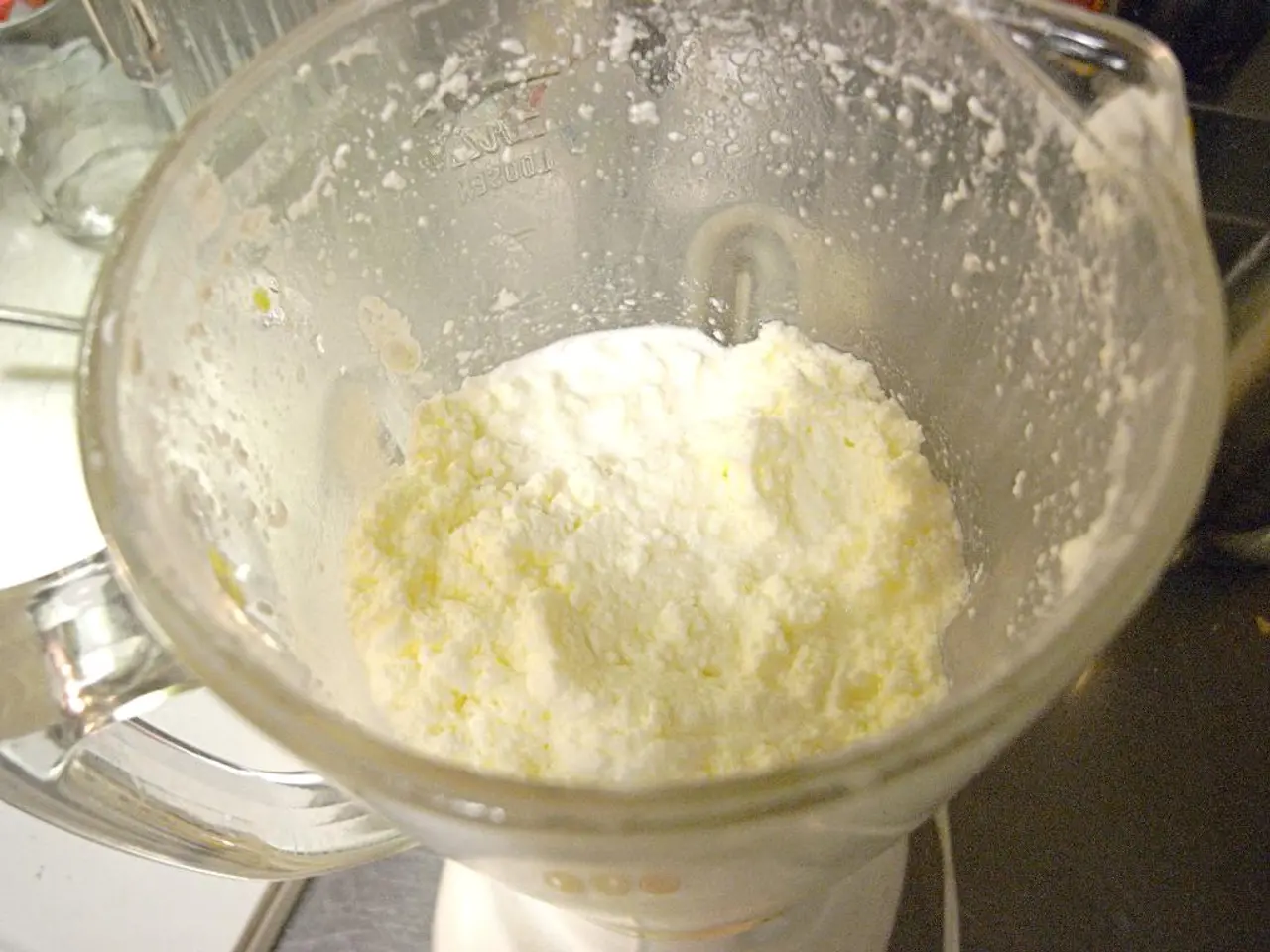Artificial Intelligence Enhanced Nasal Device Introduced for Improved Health and Integrated Microchips
In the world of technology, innovation continues to push boundaries, and the latest breakthrough comes in the form of an AI Nose. This groundbreaking device, set to be unveiled this week at SEMICON, is poised to revolutionise various industries with its advanced scent analysis capabilities.
The AI Nose, developed by the Taiwanese company Ainos, employs a proprietary Smell Language Model (SLM) to analyse scent signatures. This technology, the world's first commercially available AI Nose, is aimed at the $115 billion semiconductor industry in Taiwan, where it could help detect impurities that could potentially ruin millions of dollars worth of processors in semiconductor fabs.
Auros Labs, another Taiwanese company, also claims to have invented the first commercially available artificial smell sensor, with their product set to be presented at SEMICON in 2025.
The AI Nose utilises tiny micro-electro-mechanical sensor arrays to mechanically "sniff" the air, making it an invaluable tool in ensuring the quality and safety of semiconductors. However, its applications extend beyond the semiconductor industry.
Ainos aims to target hospital infection control, environmental monitoring, and food quality assurance with their AI Nose. Future modules could be tailored for detecting various substances, such as ammonia in clean rooms and methane in energy facilities, broadening its market significantly.
This technology could also have a profound impact on other industries. For instance, in healthcare, the AI Nose could aid in the early detection of diseases through breath analysis. In agriculture, it could monitor crop health and soil conditions, helping to optimise crop yields. In municipal infrastructure, it could be used for environmental compliance, detecting pollution and other potential hazards.
Interestingly, the AI Nose's sensitivity to volatile organic compounds is down to the parts-per-billion range, an order of magnitude less sensitive than dogs, which can identify smells at the parts-per-trillion level.
While efforts in the digital nose market remain niche, experimental, or lab-bound, the potential for this technology is immense. As more companies invest in and develop this technology, we could potentially access much more detailed information about the safety and status of our homes and factories, leading to a safer and more efficient world.
Competitors in the artificial nose business include Noze, which has an investment from the Bill & Melinda Gates Foundation, and Koniku, which uses biological neurons for applications like airport security, military sensing purposes, and agriculture.
TSMC, or the Taiwan Semiconductor Manufacturing Company, commands around 50% of the global market share in advanced semiconductors, making it a significant player in the industry. Canaery, another competitor, focuses on port and shipping safety.
As the AI Nose makes its debut, we look forward to seeing how this technology will shape the future of scent analysis and the industries it will impact. Eventually, a company could crack the digital nose market, causing the sensors to rapidly come down in price, making this technology accessible to all.
Read also:
- Nightly sweat episodes linked to GERD: Crucial insights explained
- Antitussives: List of Examples, Functions, Adverse Reactions, and Additional Details
- Asthma Diagnosis: Exploring FeNO Tests and Related Treatments
- Unfortunate Financial Disarray for a Family from California After an Expensive Emergency Room Visit with Their Burned Infant








